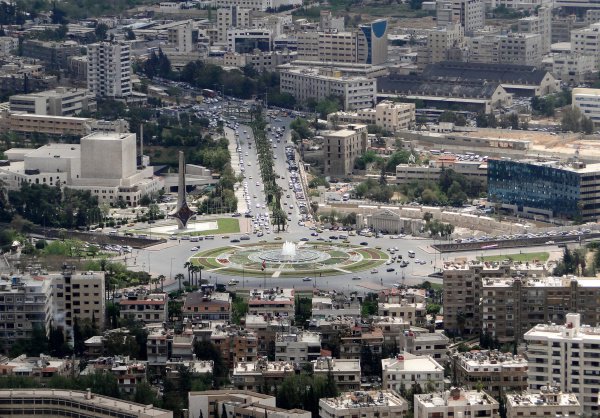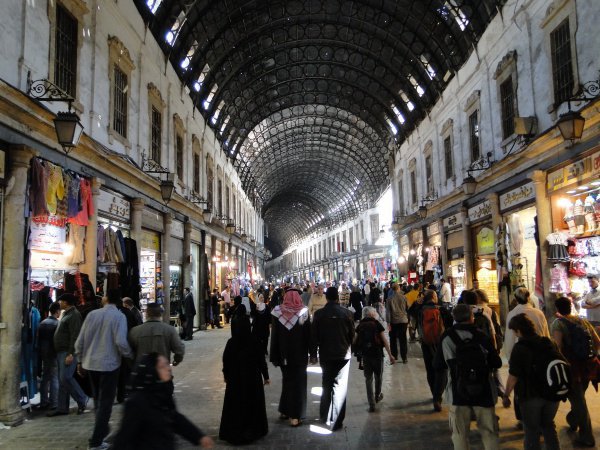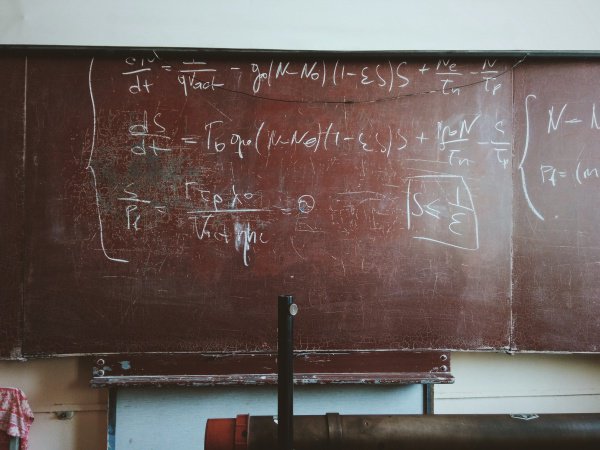On August 28, 2019 the 61st Damascus International Fair, the largest international exhibition of its kind in the Middle East was open. It has been existed since 1954. In 2017, after five years of forced interruption, the fair resumed its work and got a new function – attraction of national and foreign business to participate in the recovery and development of the country economy, which was destroyed by years of civil war. This year, according to the information of the host country, representatives of 1500 state and private companies from Syria and 38 world countries will take part in the work of the exhibition. The largest national pavilions are Syrian and Iranian ones. For the first time since 2011 the exhibition will be visited by delegations from Arabian monarchies. They are the United Arab Emirates, which restored diplomatic relations with Damascus in 2018, Saudi Arabia and Oman. The Russian pavilion organized by the Ministry of Industry and Trade of the Russian Federation, is represented by 16 companies from different regions of the country and industries of the Russian economy.

The Umayyad Square in Damascus / Bernard Gagnon, CC BY-SA 3.0
Restoration of the country economy, first of all, its transport infrastructure and production capacities, is one of the priority tasks, which is declared by the political leadership of Syria. Russia intends to take active part in this process, therefore the state and business declared a wide range of key forward-looking areas for interaction: exploration and production of oil, phosphates and gas; power engineering and electrical equipment; agriculture; metal products; transport engineering, including automotive industry and railway rolling stock; maritime traffic; materials, machinery and equipment for road, railway and infrastructure construction and rehabilitation; air navigation infrastructure; tourism; real estate.
International and unilaterally imposed economic sanctions by the USA are a powerful obstacle for foreign companies interested in investing, trading and other economic activities in Syria. The position of not only Washington but also Brussels is based on the desire to consider an economic component of the recovery process only in combination with political reforms. In this vein, lifting of sanctions regime, which not only has a destructive influence on all the aspects of life of ordinary citizens but which also makes it difficult for refugees and displaced people to return to the country, directly depends on often complicated or even impossible for realization political conditions and concessions on the part of official Damascus. At this stage, the competitive advantage of the Russian business, in this regard, is its apolitical nature and willingness to develop economic cooperation between two countries on an unconditional basis in the interests of mutual benefit and goals to achieve civil peace. In this vein, in the medium term, only Iran has such an advantage in the Syrian market, which makes it a Russia’s partner and main competitor in the Syrian economy at the same time.

The al-Hamidiyyeh Market in Damascus / Bernard Gagnon, CC BY-SA 3.0
The quantitative superiority of Iranian companies over other foreign participants at the Damascus Exhibition of the year 2019 is undisputed and obvious (more than 60 companies). But in the long or even medium term, it does not seem to be so unshakable while the potential of the Russian economic presence in Syria can grow a lot.
Education can become the main basis and engine of this growth as it is the most important branch, which is responsible not only for enlightenment but also for training of professional staff for the needs of the country economic recovery and development.
Despite the terrible losses suffered by the Syrians during the war, and millions of refugees, Syria is experiencing steady population growth due to the natural growth of its high birth rates. Only this factor will have allowed the country's population to reach pre-war levels by 2022, and through the return of refugees it will begin to grow steadily and inexorably. Available and qualitative education is an important component of the process of rehabilitation and socialization of the youth and it is also a strong guarantee of their participation in the process of economic recovery and interest in maintaining peace and preventing a relapse into war in Syria.
The war destroyed the system of public school education in Syria. It was the reason why thousands of pupils had to stop their education and, moreover, many “children of war” had never attended school at all. In this regard, volunteers and teachers themselves created tent and bus schools in camps for displaced people as it became a forced measure and a source of wartime concern for the future of the younger generation. Against this background, in 2014 the Russian language was introduced into the programme of Syrian general educational institutions as the second foreign language on a par with French. In 2018 the Russian Centre was opened in the University of Damascus. The Syrian leadership is calling for the spread of language centres around the entire territory of the country, as they can help to make Russian language learning available both for children and adults. In the foreseeable future, it provides unprecedented opportunities for the Russian business to advance in Syria, which it does not have in any other country of the Middle East. Overcoming the language barrier will allow graduates of Syrian schools to not only enter Russian universities, but also to work with Russian partners in the very Syria.
In the 2018-2019 academic year, the Ministry of Education of the Russian Federation allocated 500 individual grants to teach Syrians in Russian universities in a wide range of specialities. During this time, more than 240 000 pupils of comprehensive schools from different Syrian provinces have passed their exams in order to obtain their certificates, so the number of applicants will only grow from year to year. Contacts between Syrian and Russian universities are being gradually restored, and plans are being made for teaching and student exchange and cooperation in scientific research and practical areas of activity. Russian language acquisition is an important component of education in the majority of Russian universities that is also a significant aid for its further dissemination and strengthening in the business environment of Syrian society after the return of Syrian students to their homeland.

Against this background, unfortunately, the potential of Russian secondary education, which demonstrates a steady growth of quality indicators and a readiness to master new standards and methods of education in recent years, seems to be still insufficiently assessed, but extremely demanded. In the framework of the 45th World Professional Skills Championship of the international non-profit organization WorldSkills International, held in Kazan from 22 to 27 August 2019, the participants from Russia demonstrated the highest level of skills, and the Russian colleges - the ability to train world-class professionals for the needs of the real sector of production, which are so in demand in Syria in the conditions of economic recovery.
At the present stage, when the struggle for Syria’s future cannot be discussed only in the military and political categories, and economy and humanitarian components come to the fore, it is necessary for Russia to develop a complex step-by-step strategy of promotion in the Syrian market, using, first of all, its strategic competitive advantage in the sphere of education. Cooperation in the sphere of education and training can be a support and guarantee of long-term cooperation between Russia and Syria that meets a wide range of tasks and needs of both sides in all sectors of the economy. In the conditions of population growth, taking into account the historical experience and existing social base, the market of educational services in Syria may become one of the most capacious and rapidly growing in the shortest possible time, and therefore promising. Such its elements as the sphere of innovative and remote online-education can become the first step for the further promotion of the Russian educational system in countries of the Middle East and Africa.
Grigory Lukyanov - Senior Lecturer at National Research University Higher School of Economics, Researcher at the Centre for Arabic and Islamic Studies of the Institute of Oriental Studies RAS, Expert of the Russian International Affairs Council.
The photo in the slider: Aaron Burden (Unsplash)
In a mobile version of the slider: Jaredd Craig (Unsplash)
